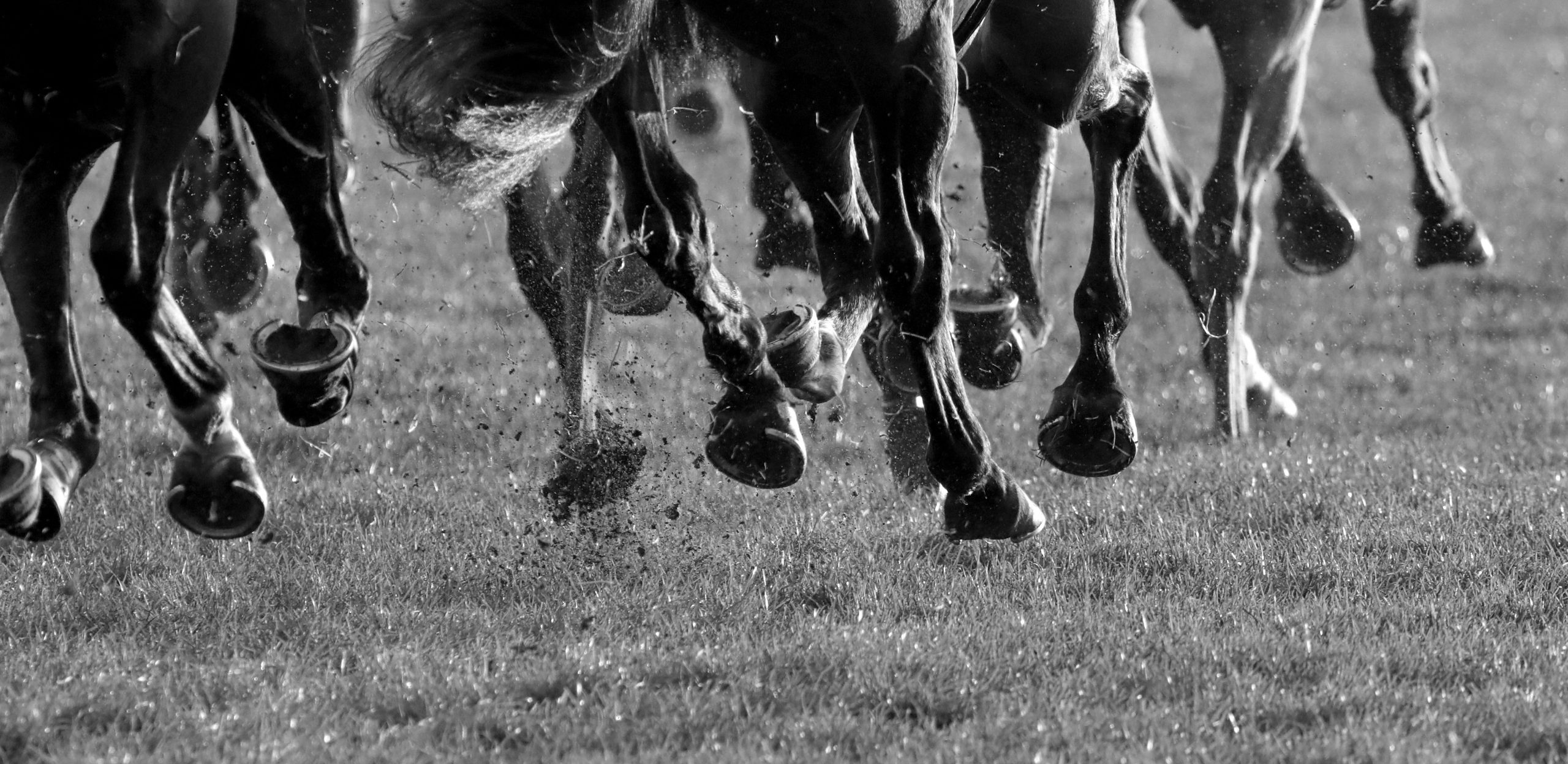
Further to our update of 17 August 2022, one manufacturer of equine influenza vaccination doses, Boehringer Ingelheim, has identified problems with the distribution of its product, Proteq.
The company has advised that this issue is likely to persist until the end of October, with no further stock able to be supplied before this time.
The BHA is working closely with the British Equine Veterinary Association (BEVA) and our colleagues in other equestrian sports to establish the full extent of the challenge and how we can take steps to mitigate any impact on the national equine herd and, in particular, British racing. This includes ensuring that equine sport continues while keeping the risk of disease spreading to a minimum.
If your veterinary surgeon uses either the Prequenza (MSD) or Equip (from Zoetis) vaccine brands, then it is unlikely that you will be impacted significantly, as MSD and Zoetis are ensuring supplies are being maintained to existing clients. This problem is restricted to the supply of Proteq vaccine only.
The BHA is committed long-term to the introduction of the six-monthly vaccination requirement so that the relatively young and highly mixed racehorse population has the strongest level of immunity to deal with future outbreaks of equine influenza.
However, we want to do everything possible to support trainers who may end up with limited or no access to the Proteq vaccine, and are working with our veterinary committee, BEVA and specialists in equine infectious diseases to develop a strategy that can be implemented quickly.
This will seek to balance the practicalities of preventing horses becoming ineligible to race with the threat of a flu outbreak occurring in the thoroughbred population during a short period of national interruption to vaccine supply. The practicalities of this are still being determined and full details will be shared with you at the earliest opportunity.
Effective and robust biosecurity is always important in racing yards, and as this situation develops trainers are urged to ensure effective isolation of new horses and to strongly consider preventatively PCR testing new horses for flu before allowing them into their yard.
This remains an evolving situation and we will continue to update the industry with the very latest information as soon as it is available.
